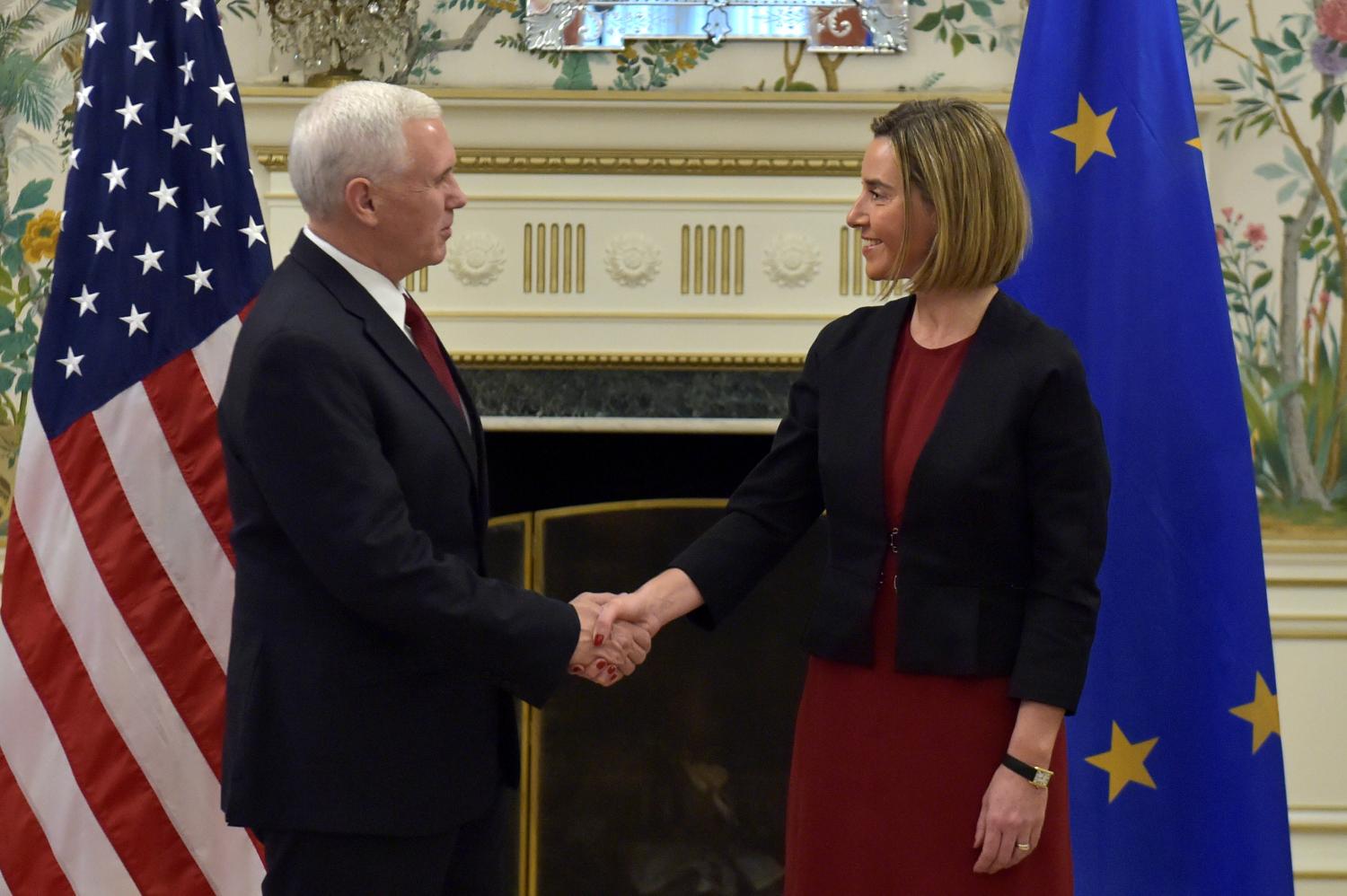INTRODUCTION
In the third week of February 2008, we engaged the leading policymakers in Qatar and the United Arab Emirates in detailed conversations about what they are looking for from a new American president. We also participated in the U.S.-Islamic World Forum and engaged in a series of conversations with Middle Eastern officials and civil society representatives.
While all those with whom we spoke are fascinated by the American presidential primary elections and seem to be following the results closely, few have yet focused on the possibility that a significant change in U.S. foreign policy might result from a new administration in Washington. As usual, there seems to be a significant disconnect between leaders and publics. The leaders are focused on how the next administration will deal with complex regional security issues—notably the implications of a reduction of U.S. forces in Iraq, what they perceive as a slackening of American resolve to prevent Iran from acquiring nuclear weapons, and succession challenges in Egypt and Saudi Arabia. Their publics, however, seem happy that the prospect of a new war with Iran has receded and Sunni-Shi’i tensions have subsided. The publics are hoping that a new president will uphold American values by resolving the Palestinian issue and pressing their authoritarian governments to be more open, transparent and accountable.
The Brookings Institution is committed to quality, independence, and impact.
We are supported by a diverse array of funders. In line with our values and policies, each Brookings publication represents the sole views of its author(s).




